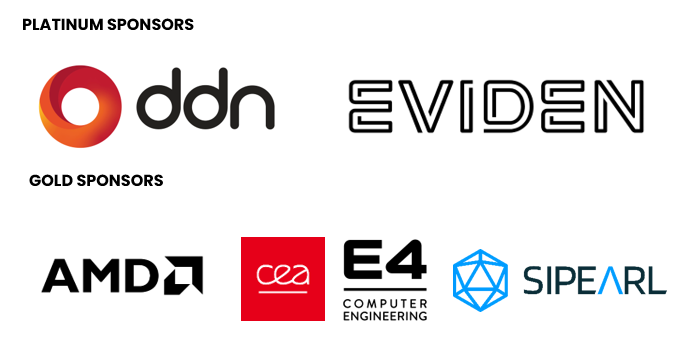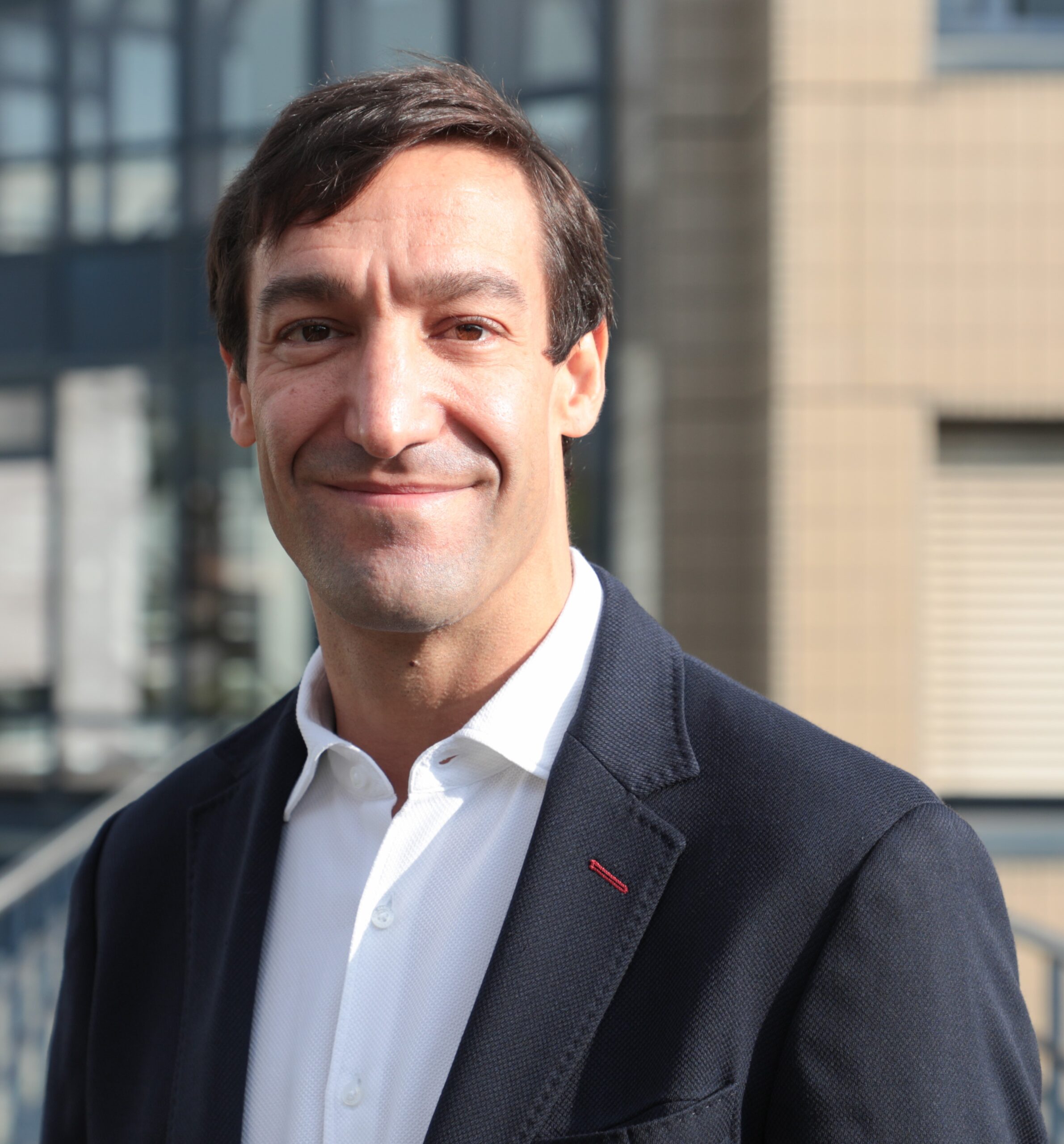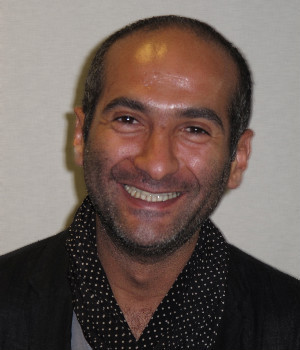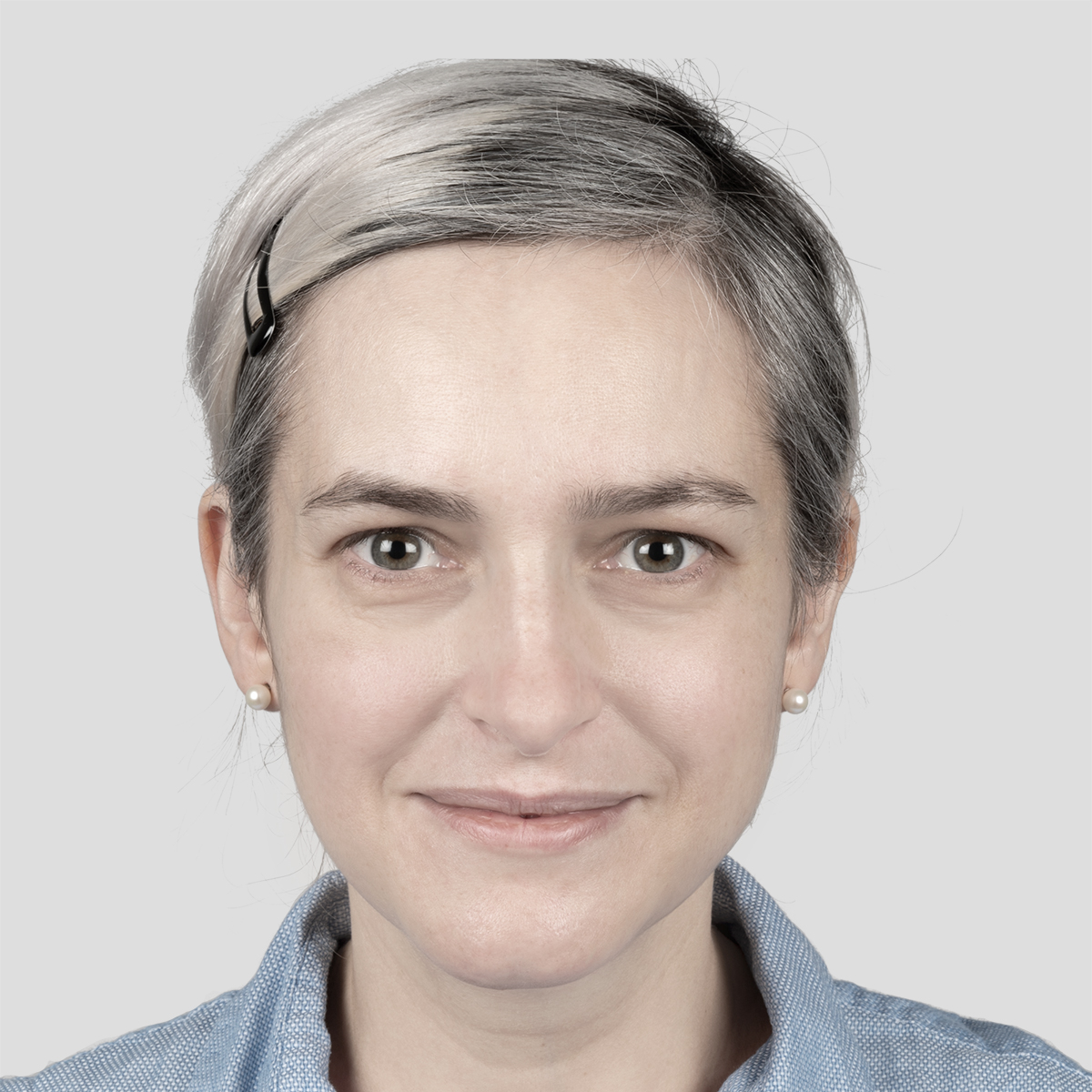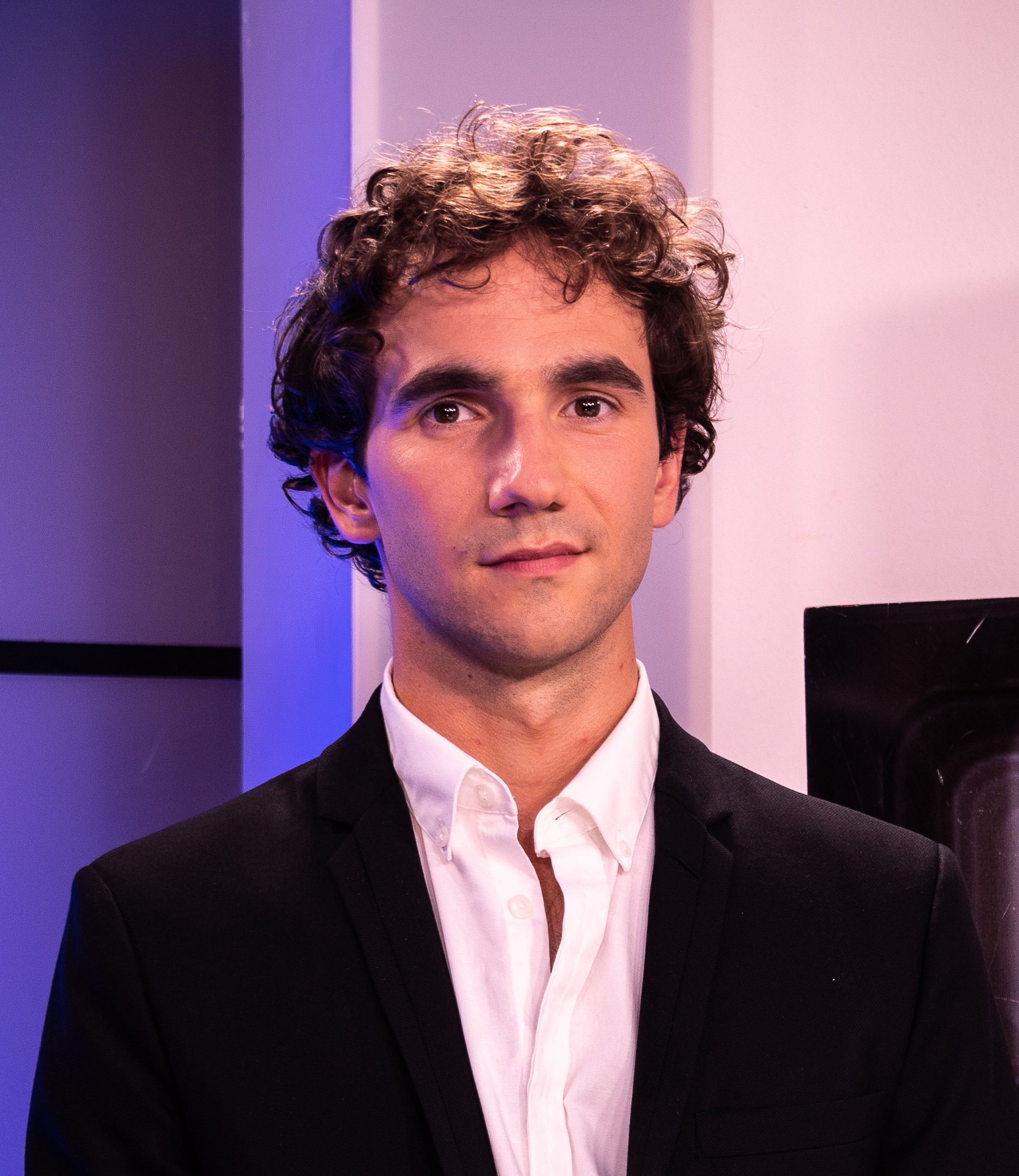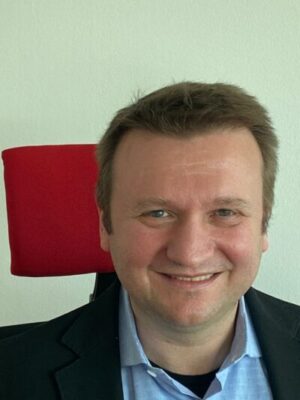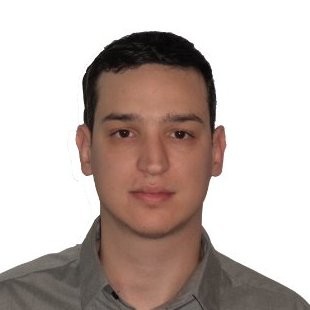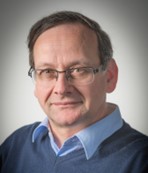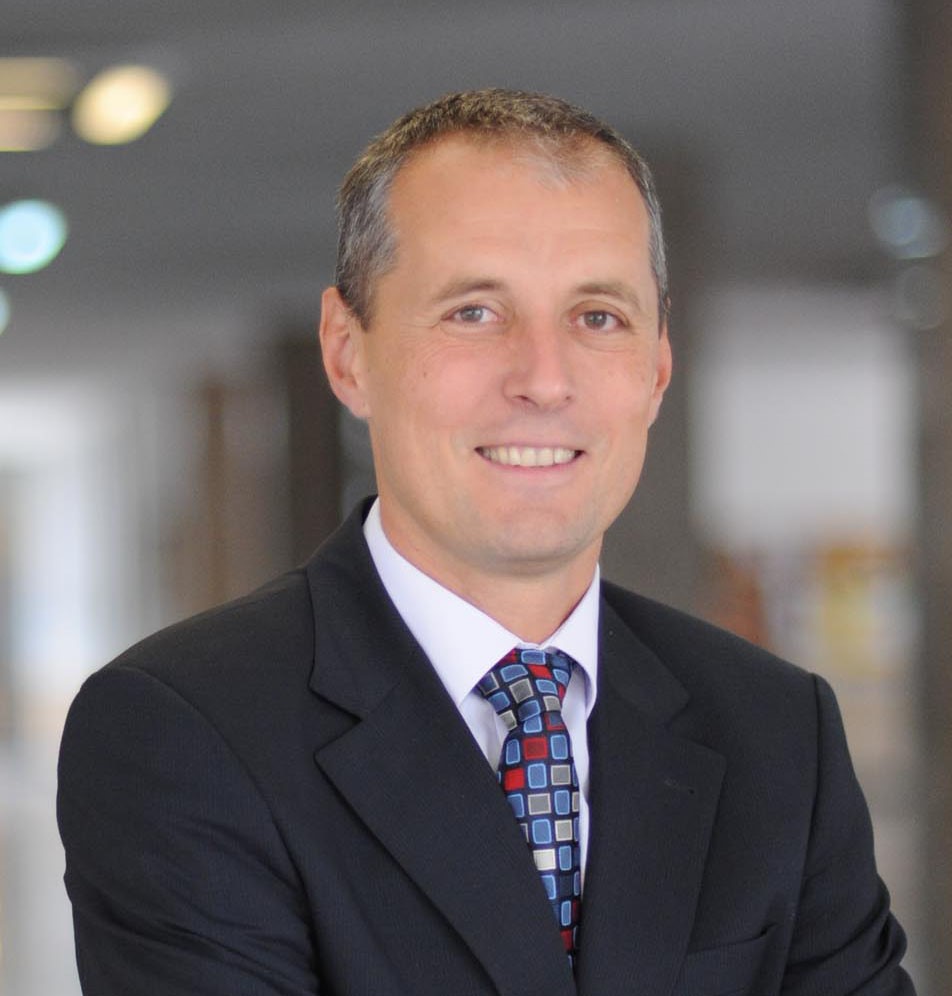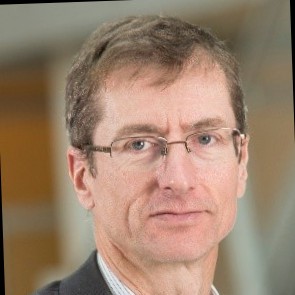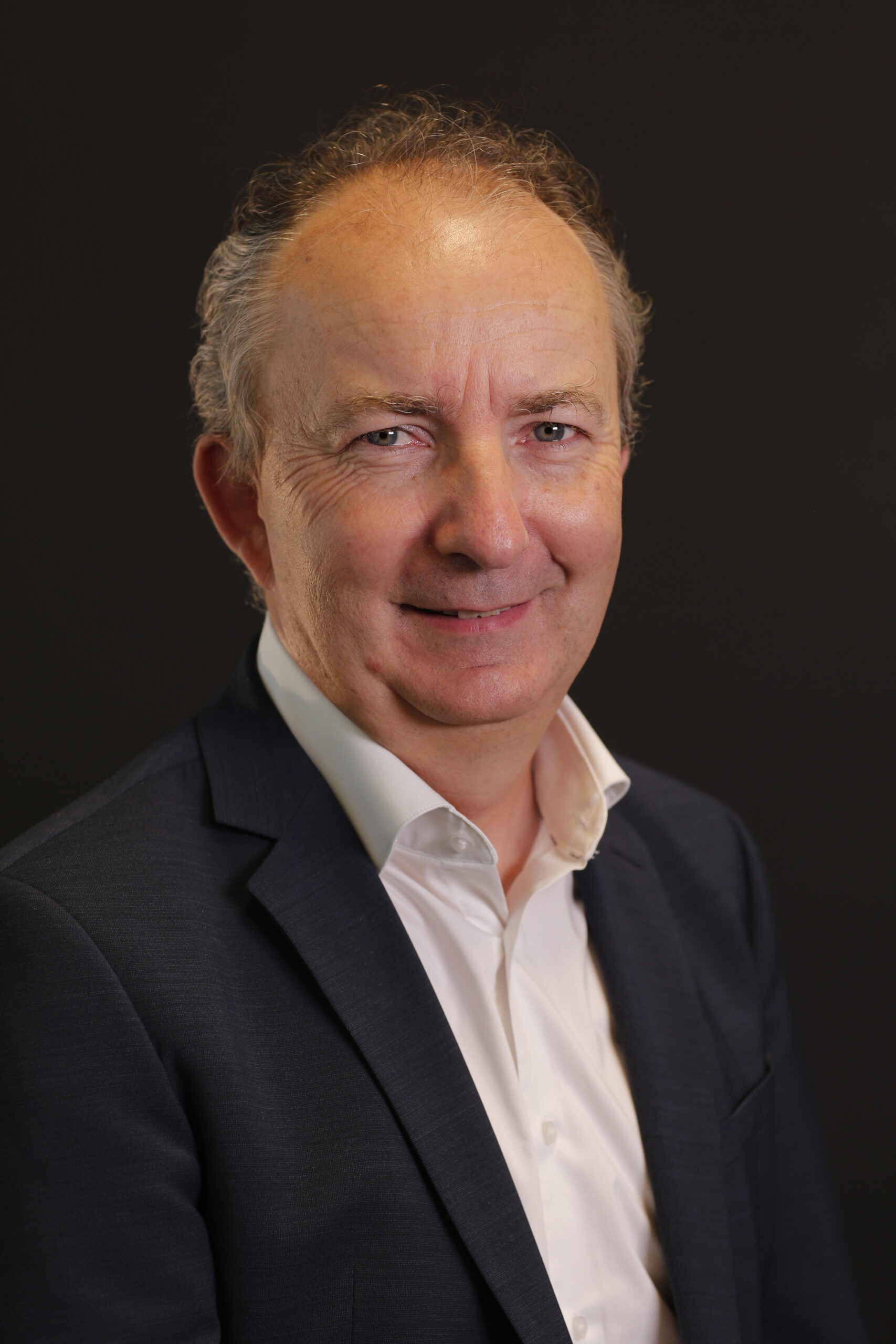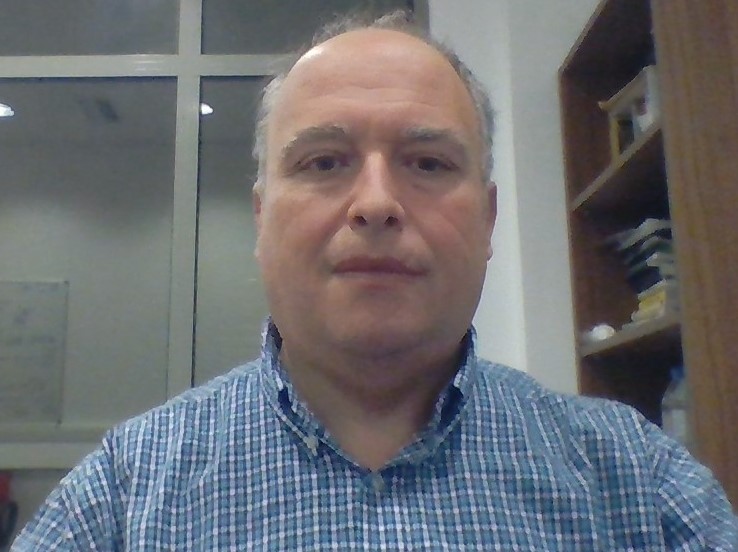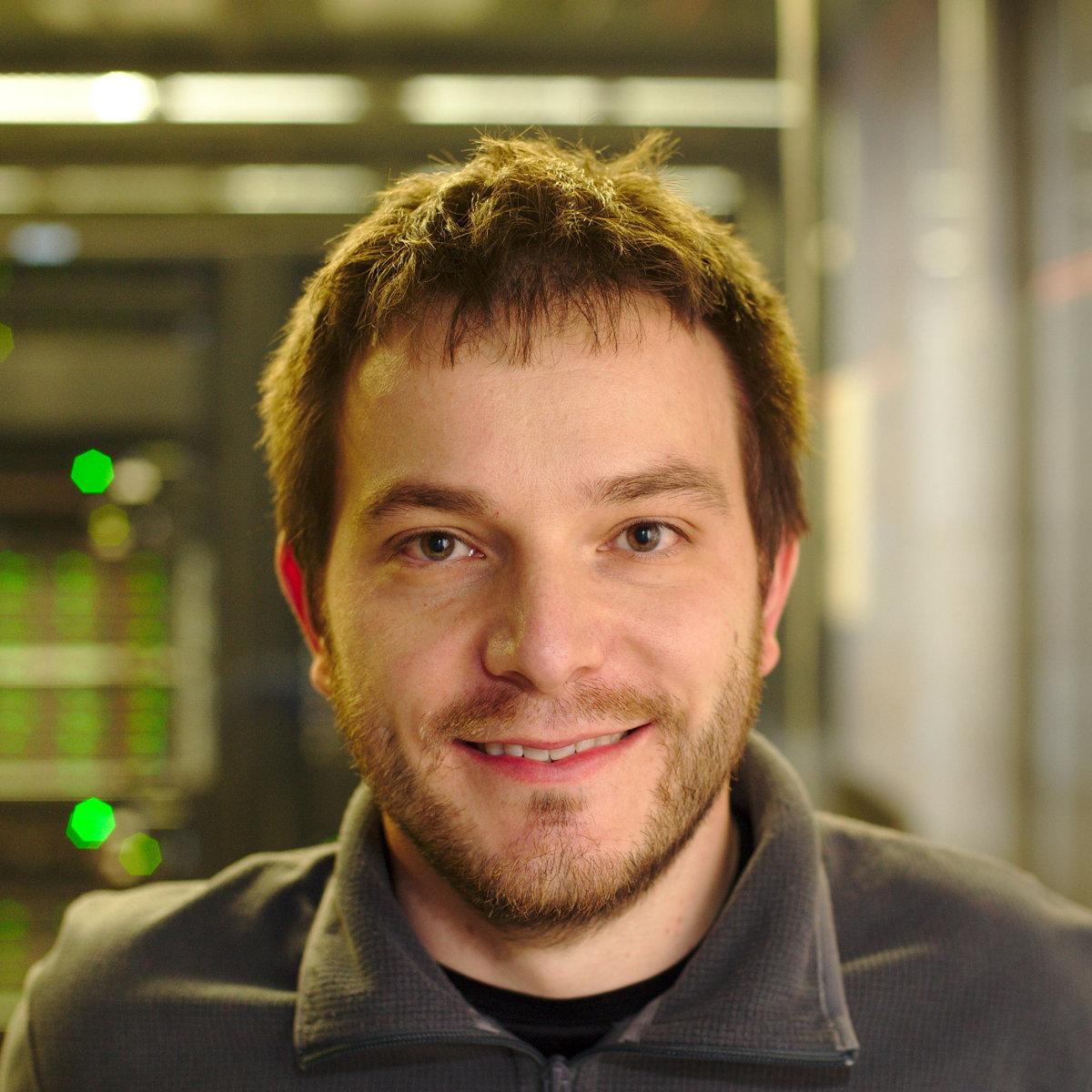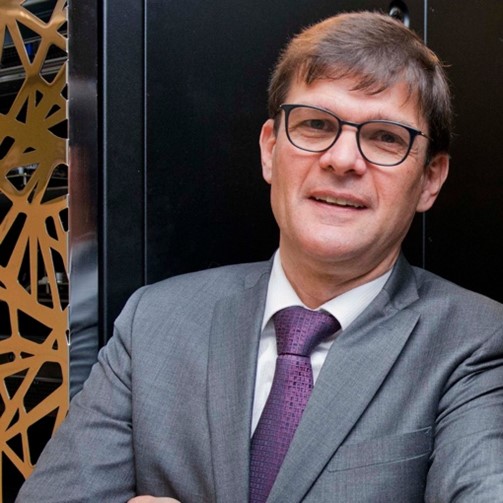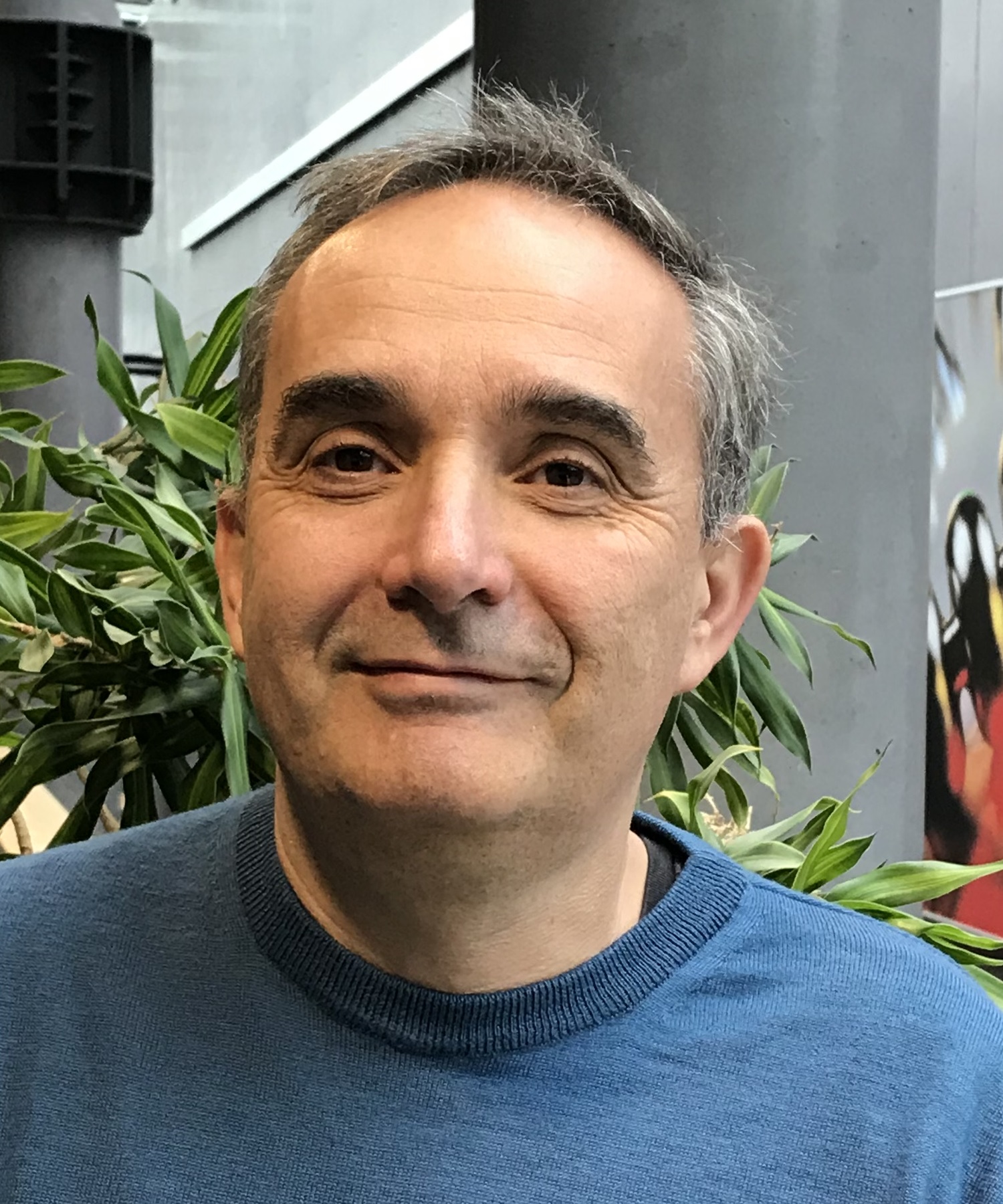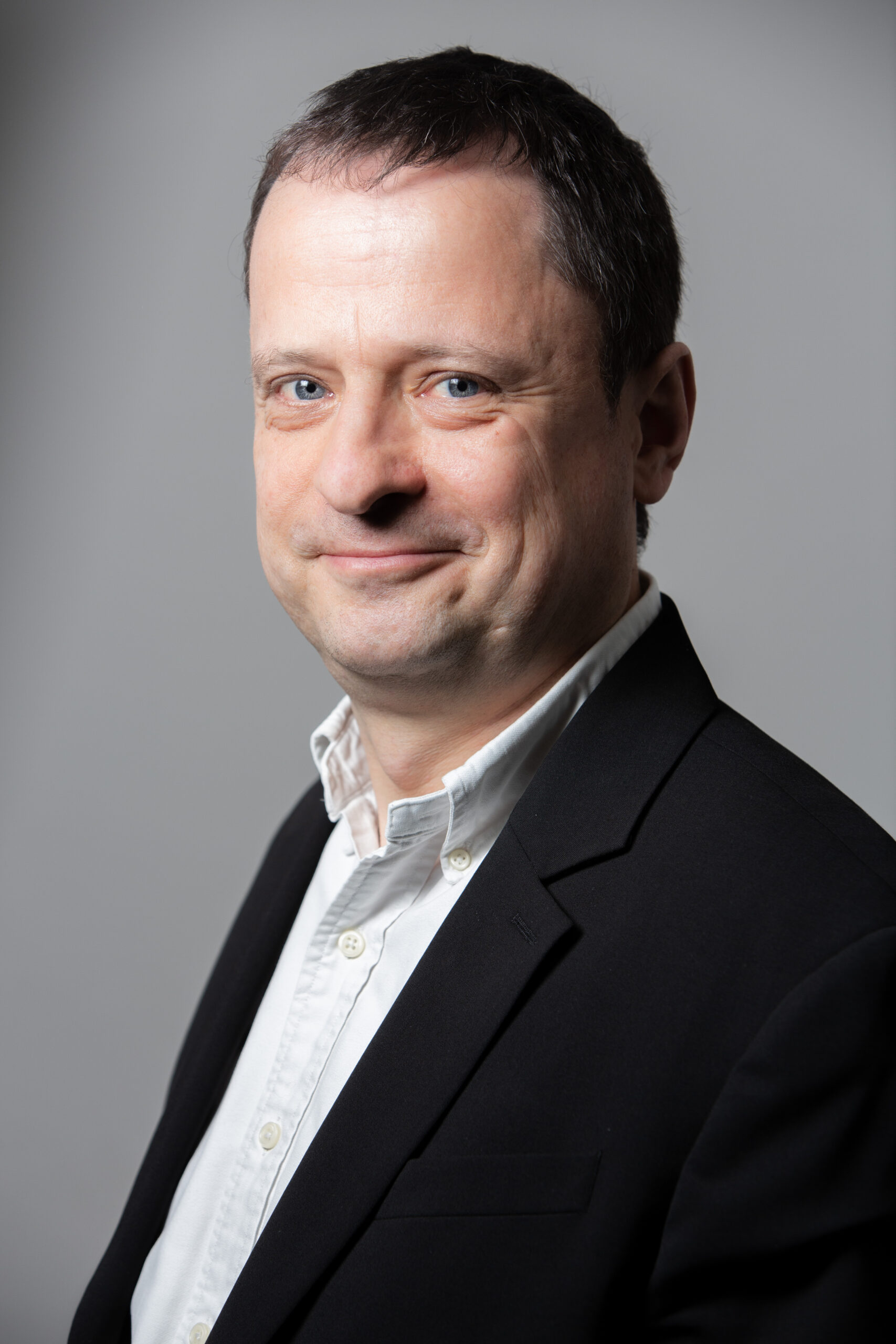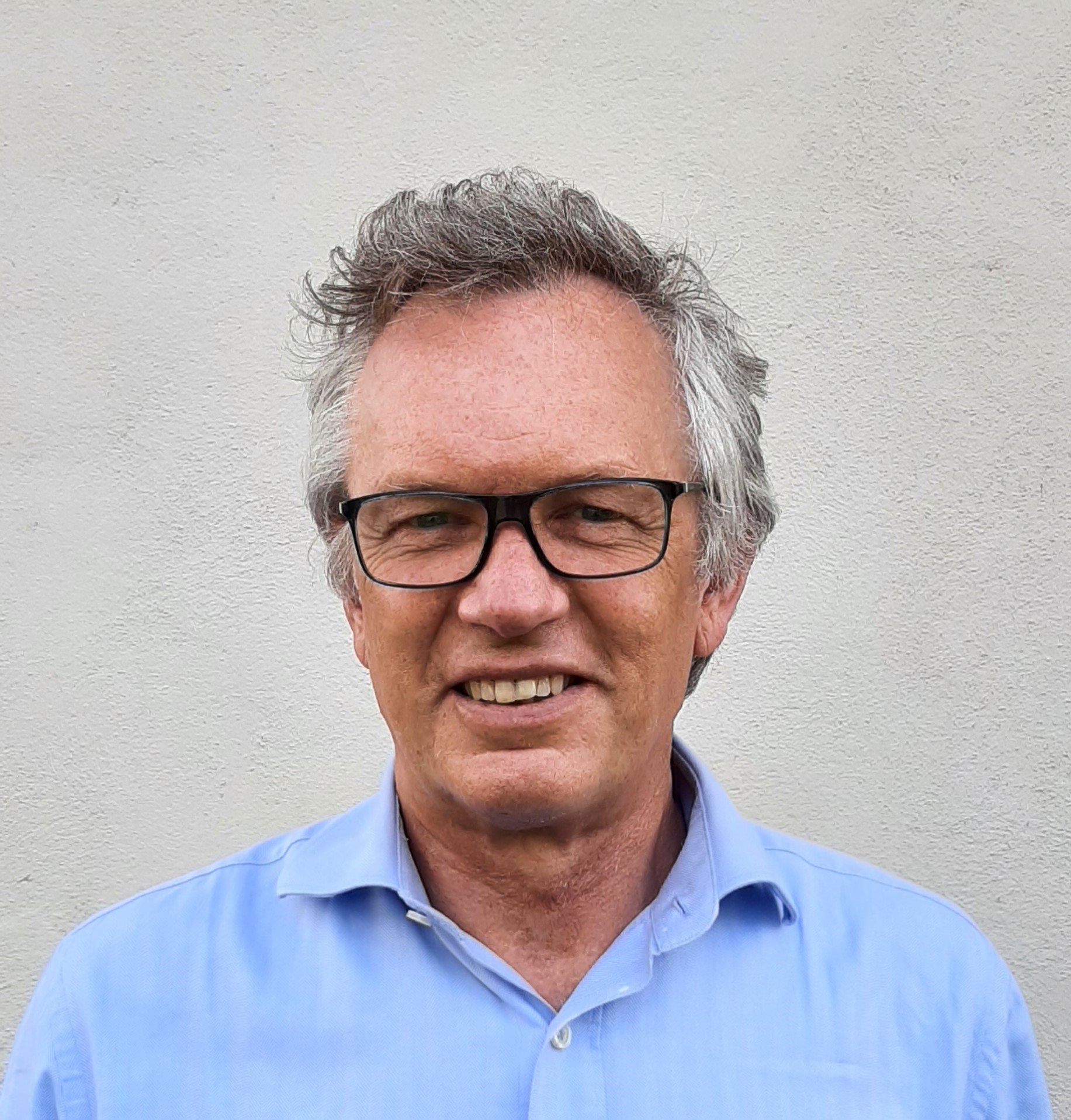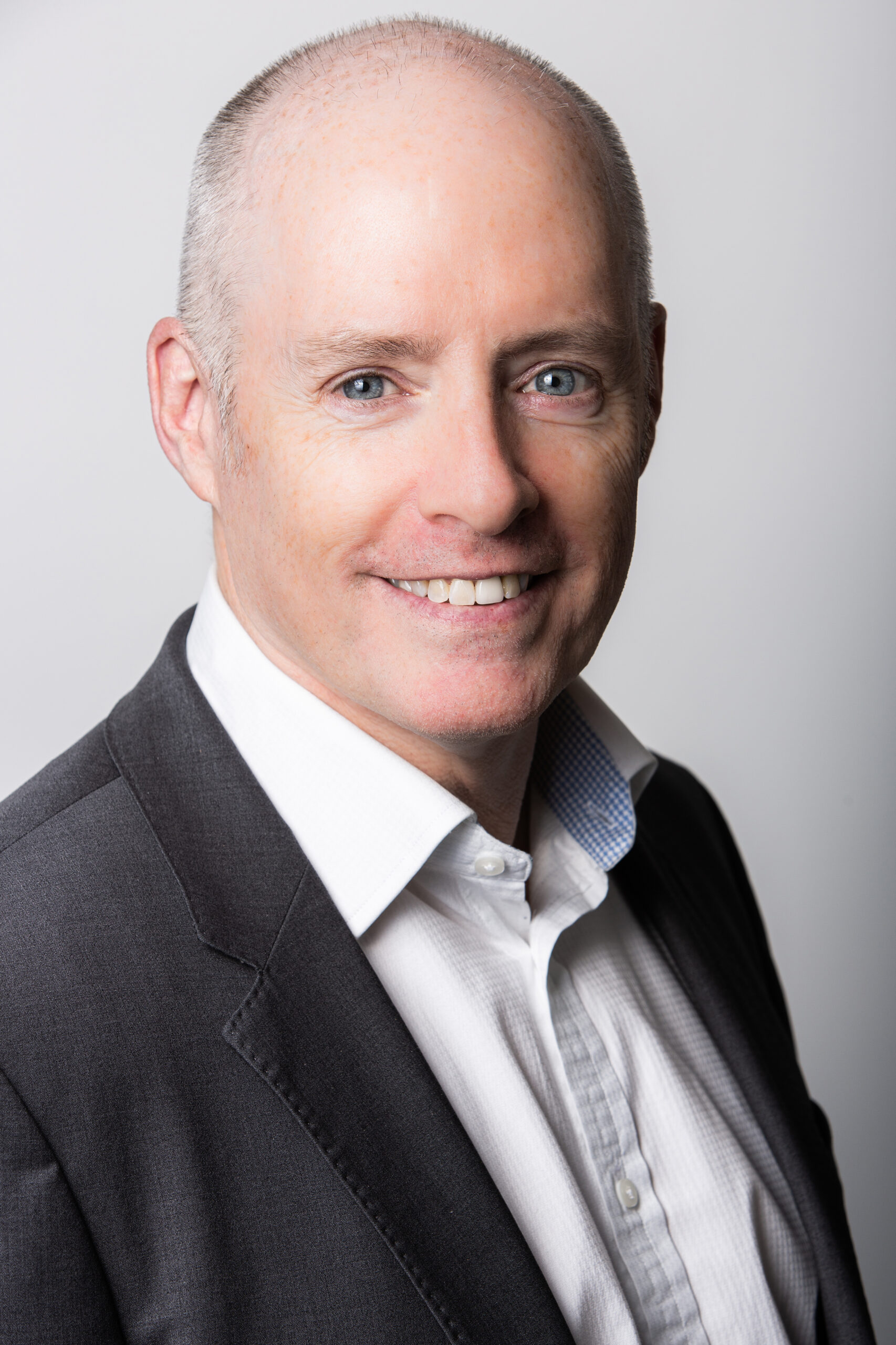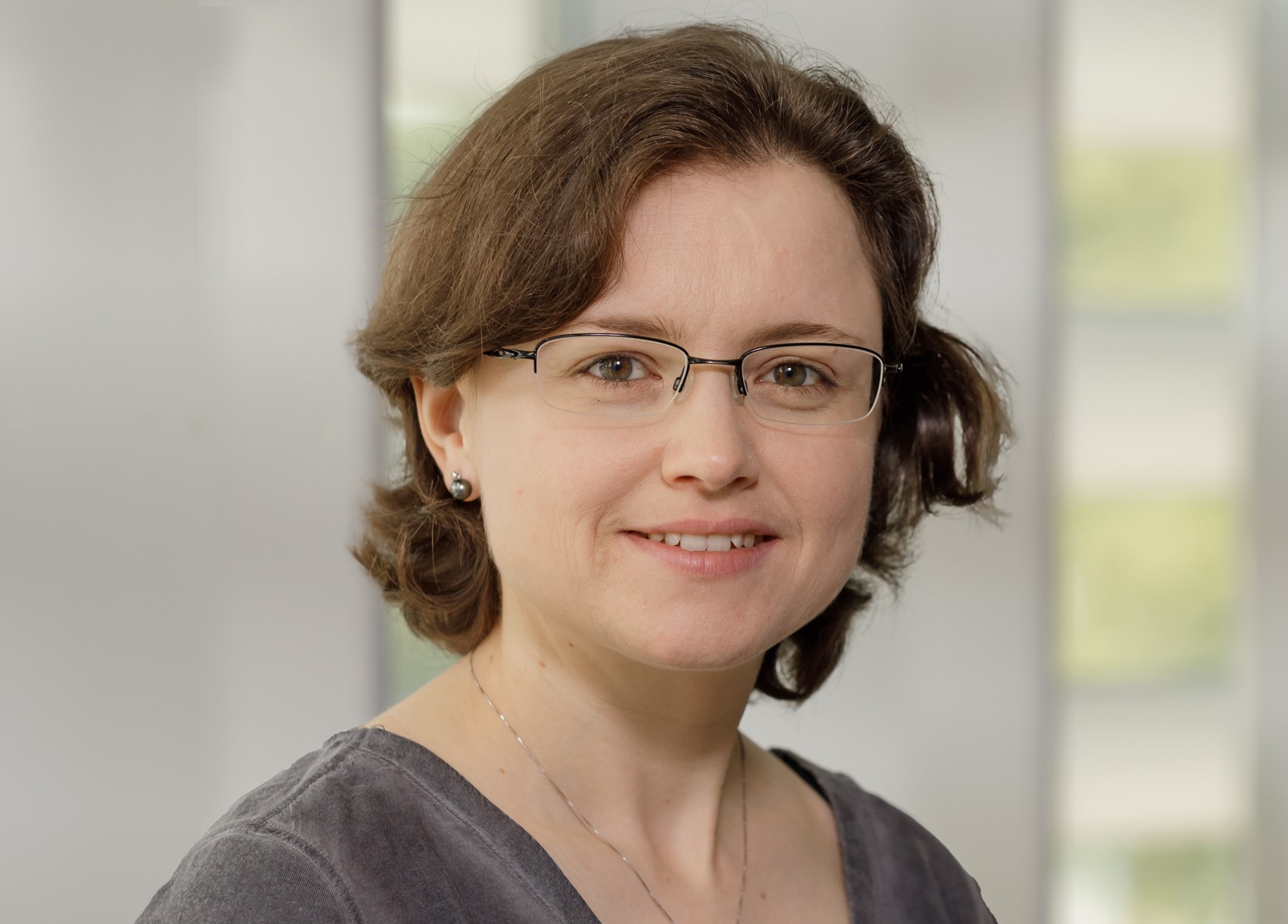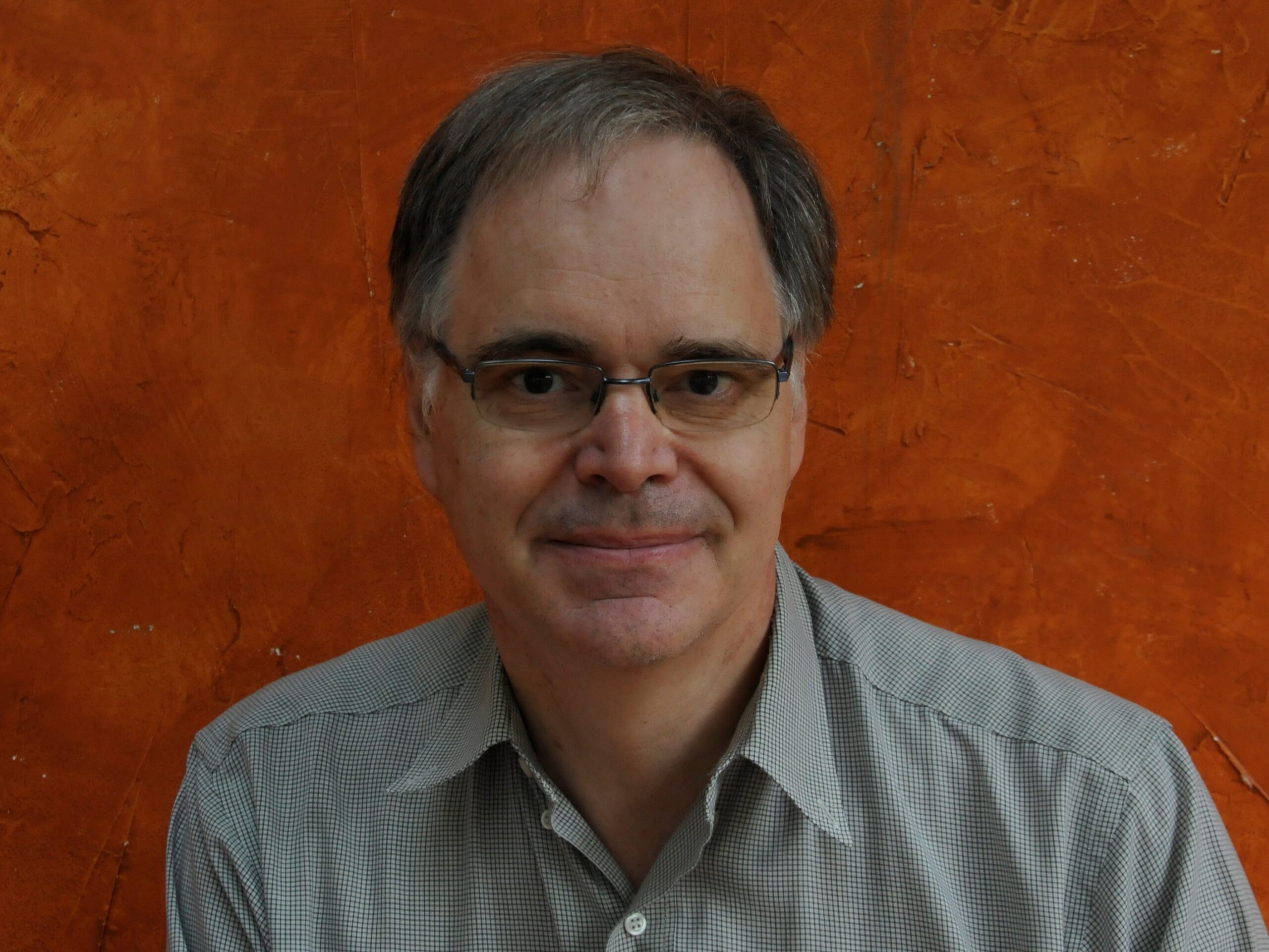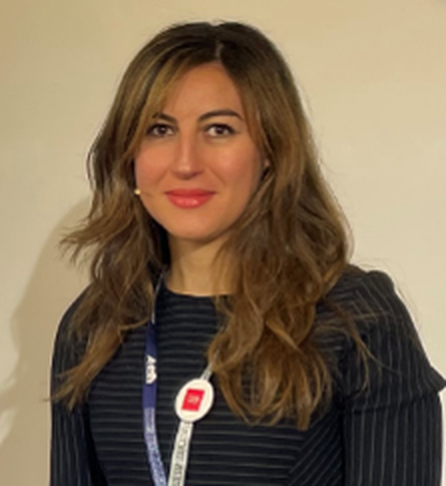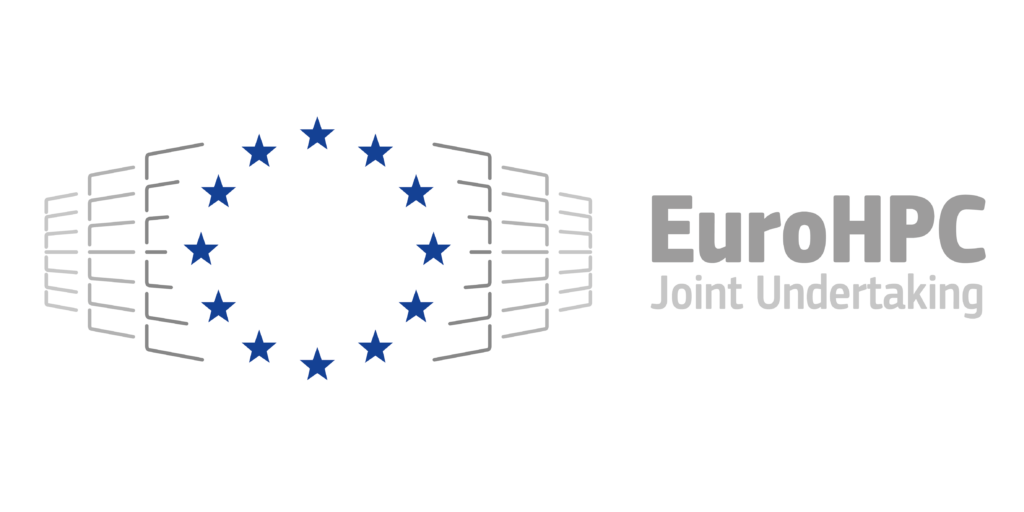With over 30 years of experience driving growth and innovation in the global IT and telecom sectors, Emmanuel has held several positions from R&D, engineering and business functions to executive positions, becoming a key leader in the high-performance, computing and AI ecosystem.
A graduate from High Engineering school in Electronics and Computer Sciences in Rennes (France) and from the business school INSEAD, Emmanuel began his career in R&D and Engineering positions in Telecom Wireless division at Nortel in Paris as Software designer, R&D team management and architecture leader. He rapidly advanced from the R&D and Engineering community to senior leadership roles, overseeing global product management and strategic alliances.
When joining Bull in 2010, Emmanuel developed key strategic partnerships with industry leaders, resellers and OEMs ensuring strong and rapid business growth. After Bull’s acquisition by Atos in 2014 (later on hosted under the Eviden brand), Emmanuel led the Enterprises Servers business and then the Big Data Platforms activity, with the responsibility to redefine the business to increase revenue and profitability through global strategy, new go-to-market approach and strategic acquisitions,
Since 2022, as Group SVP of Advanced Computing at Eviden (Atos Group), he leads a billion-dollar P&L, championing Europe’s first Exascale machines and expanding cloud, HPC, and AI solutions and services. His leadership is pivotal in advancing European technological sovereignty while accelerating market success in APAC, Latin America and the US.
Committed to fostering innovation and technological advancement, Emmanuel also serves as a board member for SiPearl, DataSentics, and S+C, all prominent European startups developing sovereign AI solutions.
Emmanuel’s LinkedIn profile: https://www.linkedin.com/in/emmanuelleroux/

